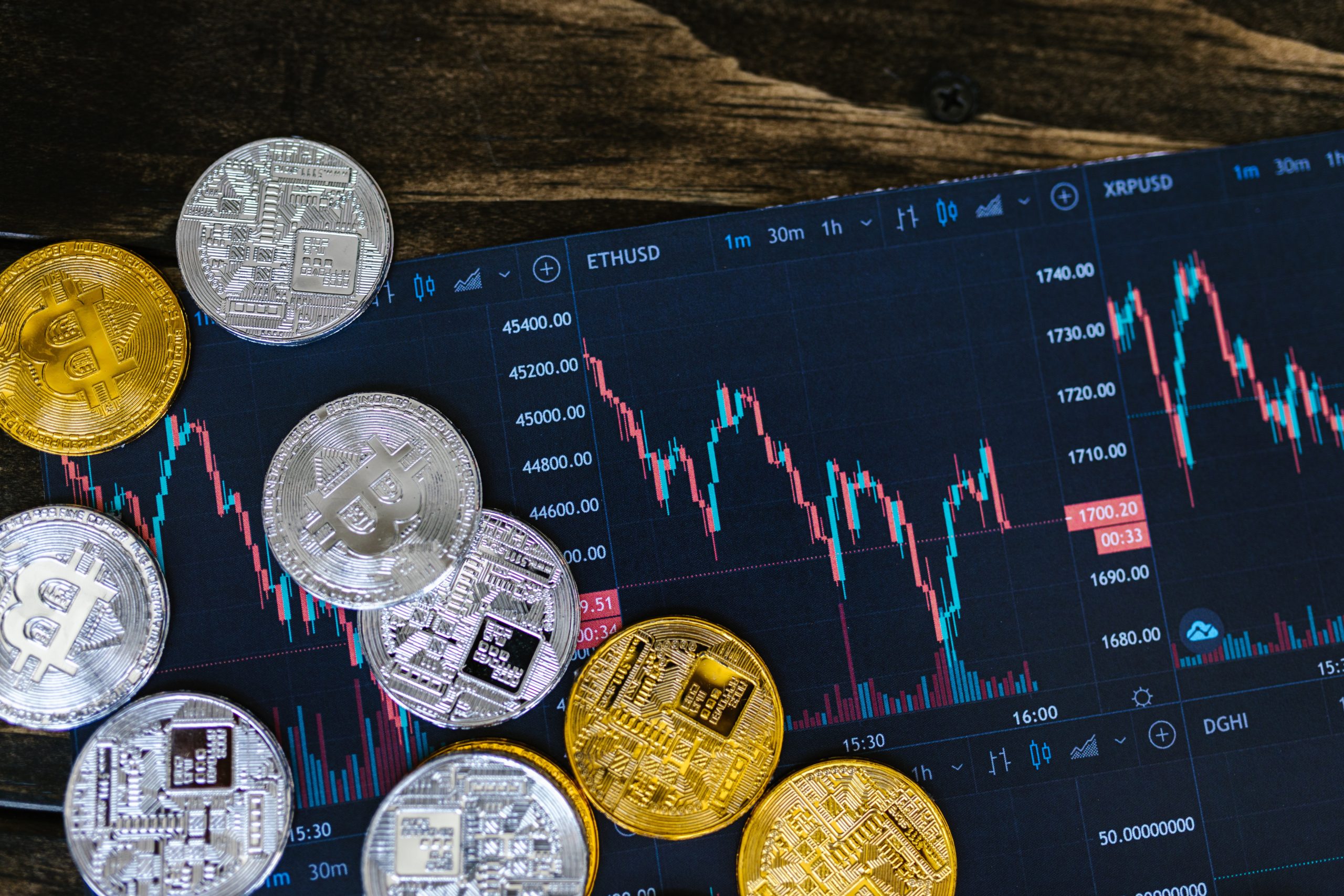Finding ways to trade Bitcoin and other cryptocurrencies is critical if you want to build your wealth and own more coins. Thankfully, there are now more ways to do this than ever before.
One possible way to start trading is through a decentralized exchange, commonly abbreviated as DEX. What exactly is a decentralized exchange and how does it differ from other crypto exchanges? More to the point, should you even bother trading through a DEX? We’ll answer both of these questions, and many more, throughout the post below.
How does a DEX work?
A DEX uses blockchain technology to allow for mass amounts of crypto trading between loads of users at any given time. This is all possible as complex algorithms as automatically generated to help the transactions and trades happen. These algorithms are often referred to as smart contracts, connecting multiple users together.
The whole purpose of a decentralized exchange is that there’s nobody acting as an intermediary between two users. Commonly, centralized crypto exchanges will hold your crypto assets when you make trades. Let’s say you used the popular exchange Coinbase and wanted to buy some Bitcoin. You make your purchase, but Coinbase holds onto your assets until you wish to sell them or withdraw them.
The difference with a DEX is there is no middle man here. The exchange won’t hold any of your assets – they always remain in your crypto wallet at all times.
Are there any benefits to using DEXs?
Yes, there are some useful advantages to using a DEX over a CEX.
Primarily, the transaction fees are significantly lower than those offered by centralized exchanges. As such, you can make more money from all of your trades.
DEXs also offer more variety as you can trade almost any crypto token on the market right now – even those that have barely been released. Typically, CEXs only offer the most popular tokens, so it can be harder to diversify your portfolio if you want to invest in something brand new.
Additionally, there is a big advantage to not having your assets held by a centralized exchange. A recent Netflix documentary came out that explained the bizarre circumstances whereby a centralized crypto exchange lost millions of dollars in assets because the owner died and nobody else knew the passwords to the exchange. Something like this can never happen on a DEX as your assets are always in your wallet.
What are the downsides of a DEX?
One of the main disadvantages is that a DEX can be hard for people to use. The interfaces are normally very tricky, meaning they’re not a great entry point for beginner crypto investors.
Also, while having access to as many crypto tokens as possible can be a good thing, it can also be a concern. It means you may invest in highly volatile and risky coins that could be scams. Using a CEX won’t guarantee that you’ll avoid risks, but it does prevent some of the riskier coins from being traded before they have proved their worth.
Overall, a decentralized exchange is just another way to trade crypto, but without a middle-man standing between you and your assets. It can definitely have some advantages, but you should also be aware of the downsides before you decide to trade.
